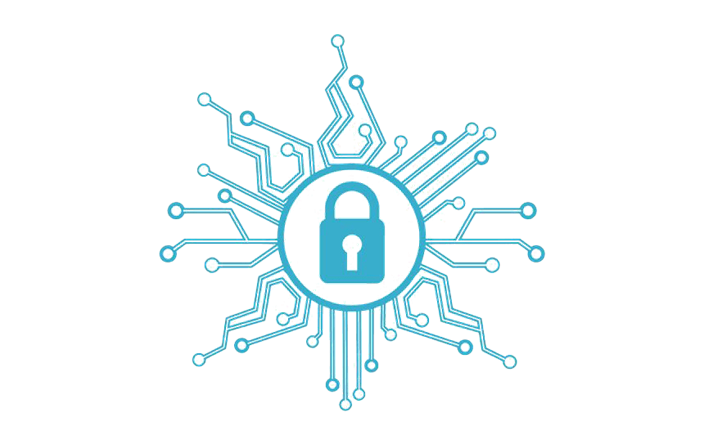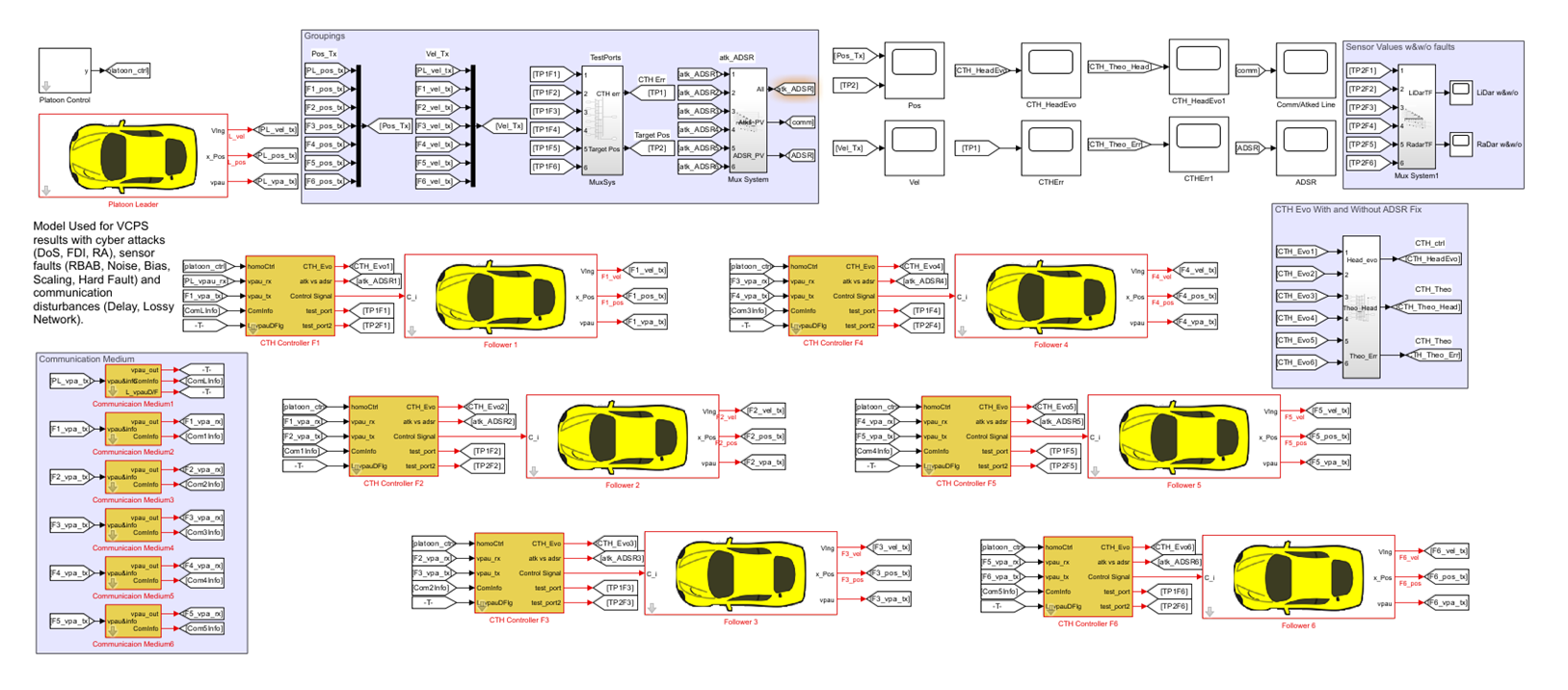Attack Resilent Framework
At a Glance
-
Software License

This work is licensed under a Creative Commons Attribution-NonCommercial-ShareAlike 4.0 International License. -
Key Stakeholders
Primary Developer - Amir Mohammed; Secondary Developer - Lincoln Marine; Intelligent System Lab Members; Undergraduate, Postgraduate Engineering students and Researchers
-
Resources
High Performance Computer; 3D Modeling Software (Road Runner Scenario Builder); Matlab\Simulink
-
Budget
The project is currently funded through ISL and its partners.
-
Features• Dynamic simulations involving homogeneous and heterogeneous Connected Autonomous Vehicles (CAVs). • Dynamic simulations, exhibiting the effects of individual cyber-attacks and multiple cyber-attacks. • Resilient control development platform with accompanied attack detection and isolation strategies. • Serves as a test platform for control engineering students and researchers to study the effects of DOS, FDI and RAs.
-
Github Link

Cyber-Physical Systems (CPSs) can be defined as complex systems which exhibit in-depth collaboration of computation, communications, and control known as the 3C technology. In recent years there has been an exponential growth in the development and deployment of CPSs. These systems have been deployed within critical infrastructures (CIs) such as power grids, oil, natural gas distribution, water distribution, telecommunication networks, and even intelligent vehicles which are used for societal functions. These systems facilitate real-time, safe, reliable, and dynamic collaboration with physical systems by using embedded systems. Therefore, based on the criticality of such systems, one would assume they work error free under all conditions. However, this is never the case as CPSs exhibit heterogeneous characteristics which encompass (third-party) components integrated together. This poses a serious concern as this characteristic may introduce different vulnerabilities which may be exploited, resulting in cyber-attacks. Therefore, there is a need to study the effects of such attacks and also have the ability to eliminate such occurrences. The attack resiliency framework is software and technology based framework which can be used to study attack resiliency for control systems. Cyber-attacks such as Denial of Service (DoS), False Data Injection Attacks (FDIs) and Replay Attacks (RAs) can be simulated in various attack scenarios.
